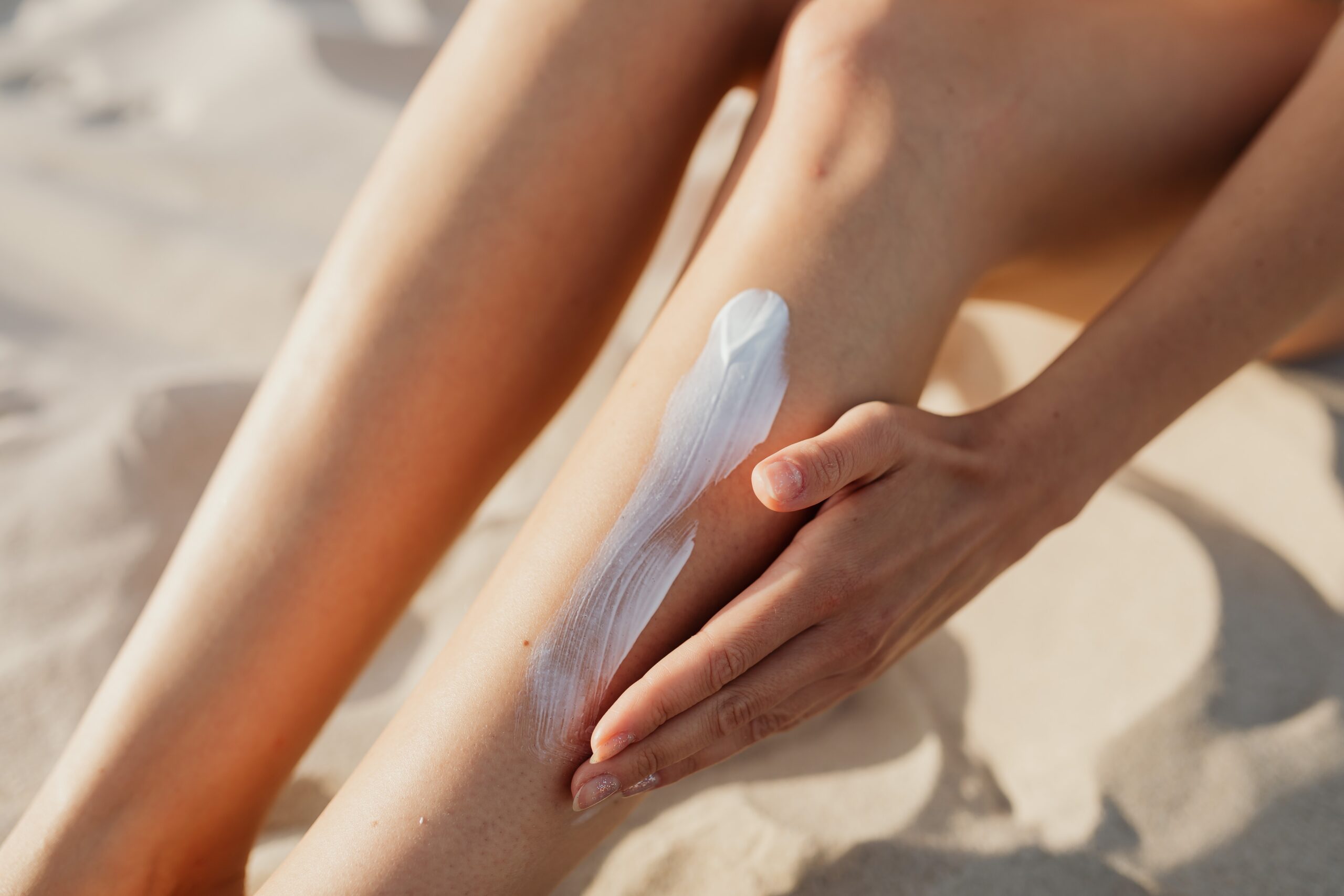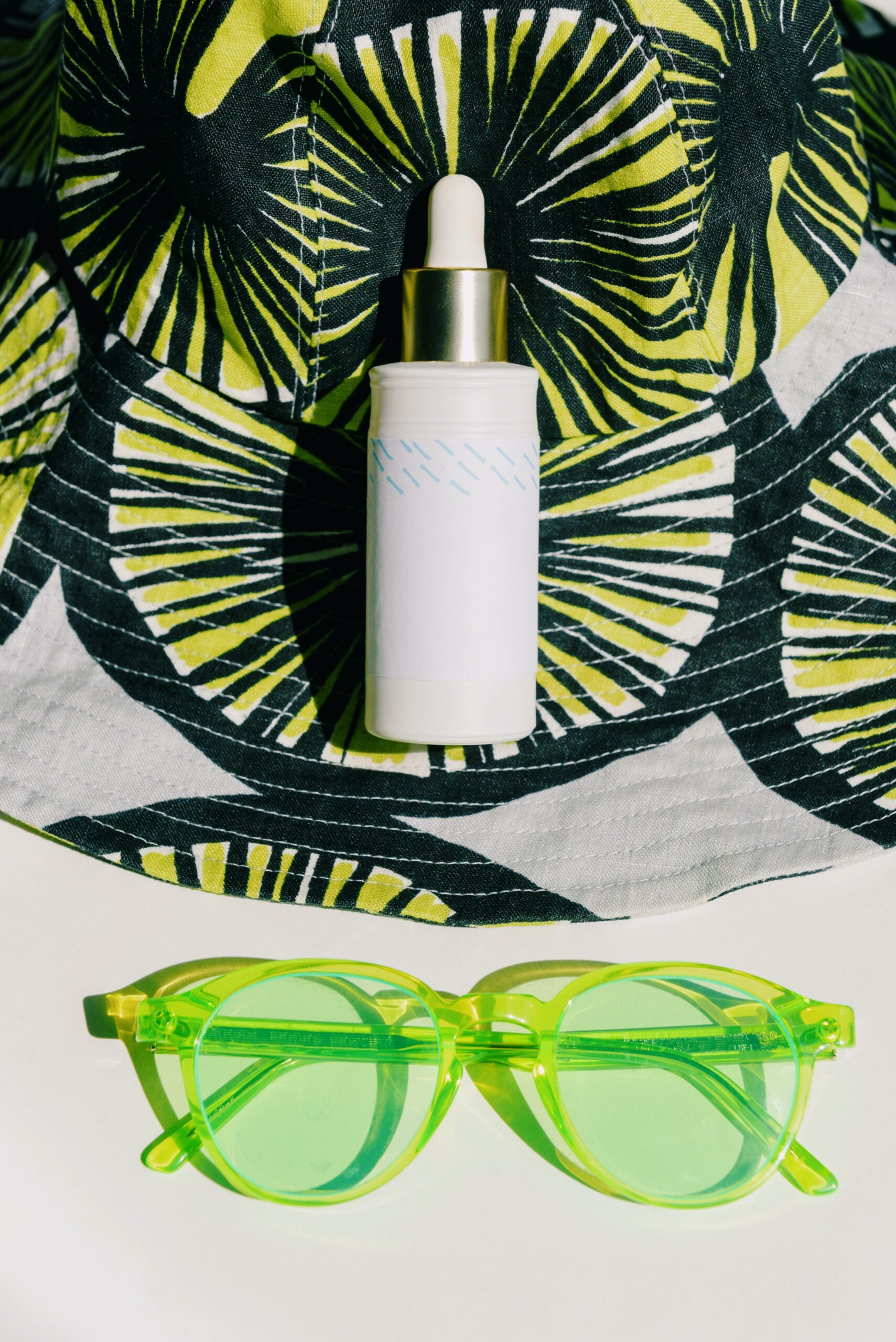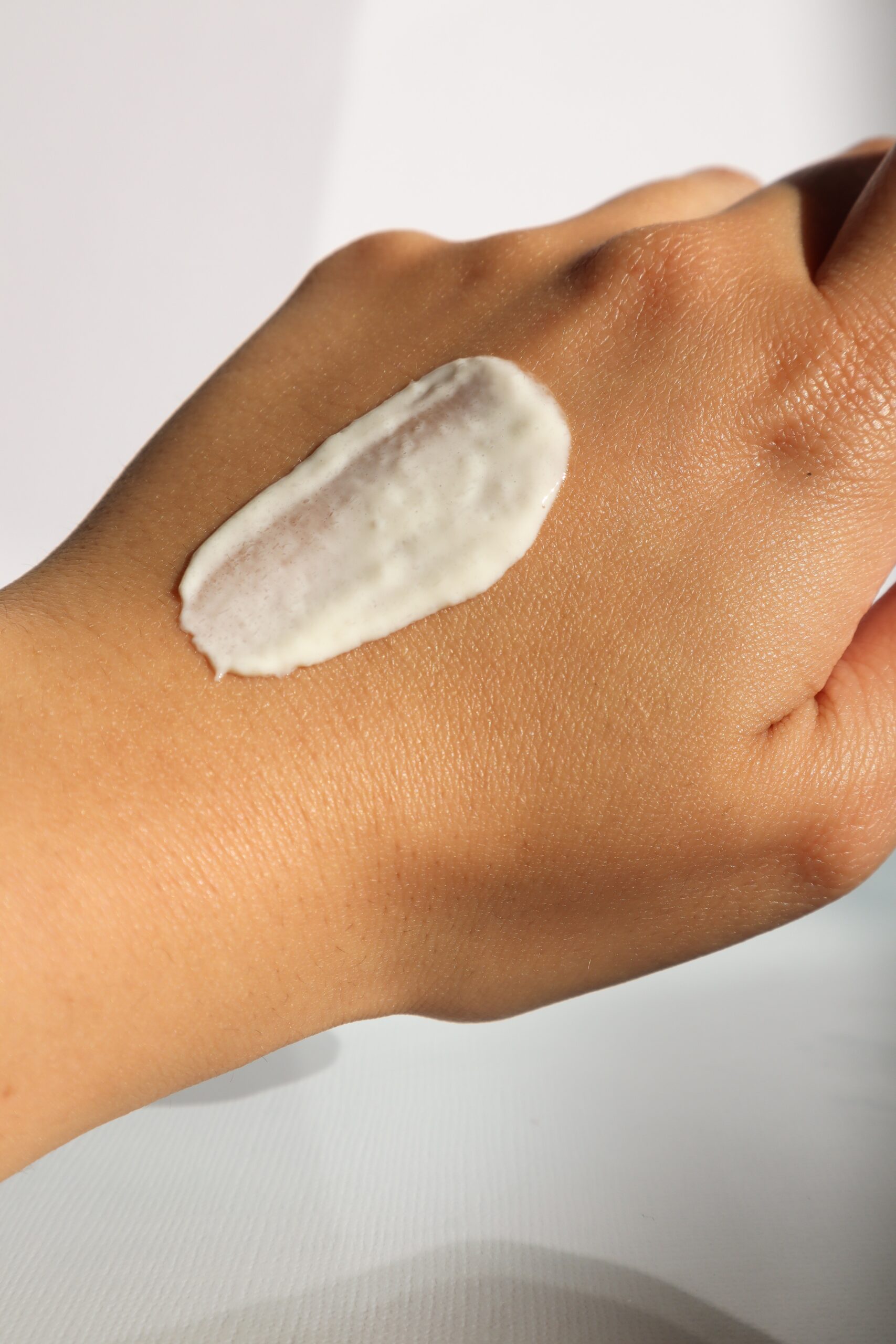When you’re looking for the best sunscreen for yourself or the most effective sunscreen for kids, it can be quite difficult to know what to look for with so much choice on the market. Do a quick search online for the best sunscreen and you’ll soon encounter all manner of impressive sounding industry terms. However, without the right knowledge to draw on, the job of finding the ideal sunscreen for your needs can seem nigh on impossible.
One choice you’ll have to make when deciding which is the best sunscreen for your family is whether to choose a chemical or a mineral sunscreen. In this article, we’re going to be looking at the differences between the two, so that you understand the benefits that are gained through using mineral sunscreens. They both do the same job, sure, but they do it in very different ways.
The Two Types of Sunscreens
Let’s start with a run down of how each one goes about the job of protecting your skin from the often-harsh summer sunshine. By reading to the end, you’ll be under no illusion about what qualities the best sunscreen on the market needs to have.
Chemical Sunscreens
Essentially, a chemical sunscreen is a variety that enters into the skin and uses chemical compounds to absorb UV rays from the sun. Whether present in traditional sunscreen or sunscreen sticks, chemicals like Oxybenzone and Octinoxate cause a reaction to occur that converts the UV rays into heat and protects your skin in the process.
The problem with these chemicals that are present in all types of chemically activated sunscreen for face and body and some brands of baby sunscreen is that they need to be absorbed into the skin to work. This is known to potentially cause irritation, scratching and redness to those who have sensitive skin and these chemicals can actually make their way into your bloodstream.
If that wasn’t enough reason to give chemical sunscreen for kids a wide berth, science has also discovered that Octinoxate and Oxybenzone may be harmful to our oceans. Whilst these chemicals are approved by the Food and Drug Administration (FDA) for use in sunscreens, they’re believed to cause an irreversible bleaching of coral reefs.
No one is saying that chemical sunscreen isn’t effective, because it is. People have used this kind of sunscreen for many years without realizing the harm they were doing to themselves and the environment. However, there are far more healthy alternatives available that need to be considered.
Mineral Sunscreens
Now we look at mineral sunscreens which represent an altogether different approach to UV protection. Great mineral sunscreen does its work with Titanium Dioxide and Zinc Oxide. These minerals offer a physical barrier, laying on top of your skin and reflecting away harmful UV rays.
That’s why mineral sunscreen is also known as ‘physical sunscreen’. This type of product is freely available as sunscreen for face, sunscreen sticks and sensitive skin sunscreen, as each chemically based variety will have its mineral equivalent.
The Best Sunscreen? Mineral Sunscreen!
It’s not difficult to see why so many people are realizing that mineral sunscreen is the only sensible choice when looking for the best sunscreen for ourselves and our families. Not only is mineral sunscreen kinder to the planet, but its better for us too, allowing us to stay safe from the sun without having to ingest harmful chemicals into our bodies.
At Blue Lizard Australian Sunscreen, we are passionate about keeping the skin of our customers safe and it’s something we’ve been doing for more than 20 years. Our broad-spectrum mineral and mineral-based sunscreen range has been designed for all types of outdoor activity, so we’ve got you covered and protected whether you’re out surfing, jogging or just hanging out at the beach.
If you’d like to know more about what we do and what makes us different from the competition, why not visit our website www.bluelizardsunscreen.com where you’ll find lots of useful information about skin protection. Alternatively, you could call us on 800.877.8869 where a member of our team can assist.
Thanks for reading our blog. We hope that it has shown just how much better mineral-based sunscreen is for our bodies and the planet we live on. We’ll be back soon with more from the home of non-chemical, coral-promoting sunscreen.
Sunscreen Tips
Most people do not realize how damaging the UV rays coming from the sun actually are to your skin. To avoid skin diseases and cancer, it is essential that you apply your sunscreen correctly. If you do not apply it well, you will expose your skin to the sun, causing sunburn, skin aging, and even eye damage. Here are some tips to help you protect your skin from the sun.
Read Sunscreen Labels
UVB rays are the primary cause of sunburn, but UVA rays are not entirely harmless, as they can contribute to skin cancer. All sunscreens are designed to help protect your skin from sunburn, but only those with an SPF of 15 and a broad spectrum can lower your risk of skin cancer and aging.
When purchasing sunscreen, choose one with water-resistance claims for 40 to 80 minutes, as you can use them while swimming or if you are sweating profusely. Additionally, your sunscreen must pass the FDA’s broad spectrum requirement. Those sunscreens that do are labeled ‘broad spectrum.’
Sunscreen Should Be Worn Daily
A common misconception is that you do not need to apply sunscreen if you are not going out. However, dermatologists suggest wearing sunscreen daily regardless of your activity because you may get sun damage from everyday tasks such as running errands. Additionally, since UVA rays can penetrate glass, you are not safe from them even if you stay indoors all day.
Follow the “Two-Finger” Rule for Your Face and Neck
The two-finger rule suggests that you should dispense your sunscreen along the length of your pointer and middle finger. This amount is appropriate for your face and neck and will ensure that both are protected. It is always best to apply more sunscreen than less.
Conclusion
There are a variety of different sunscreens on the market, and choosing the best and most effective one can be a challenge. There are two main kinds of sunscreens available; chemical and mineral. Of the two, dermatologists suggest you apply mineral sunscreen for the best protection when going out in the sun.



